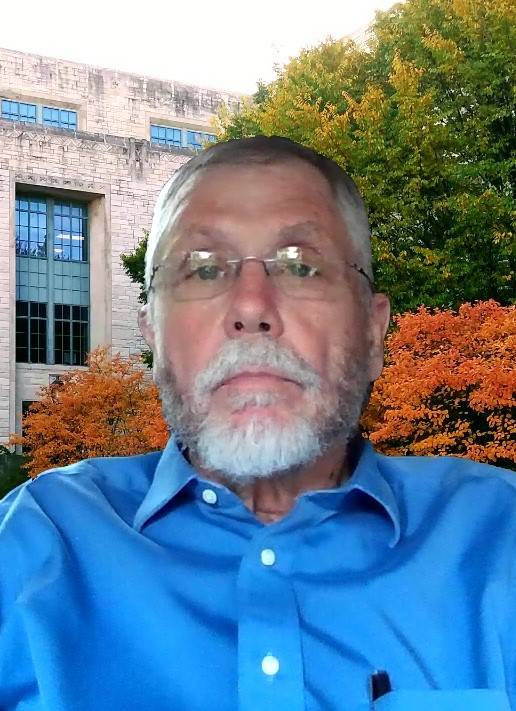Awards & Accomplishments:
Fellow, American Physical Society
Max Planck Research Prize, 1994
John Bardeen Prize, 2012
Fritz London Prize, 2017
James Avery Sauls, Ph.D.
Hearne Chair of Theoretical Physics
Louisiana State University
Department of Physics & Astronomy
453 Nicholson Hall, Tower Drive
Baton Rouge, LA 70803-4001
av://lsu.zoom.us/my/james.sauls
Curriculum Vitae
Academic Tree
Wikipedia
About Me:
I received my BSc in Engineering Physics at Colorado School of Mines in Golden (1975), then moved to New York to do graduate work at SUNY-Stony Brook, where I received a Ph.D. in physics in 1980. I did post-doctoral research at Princeton University in New Jersey (1980-83), NORDITA in Copenhagen and Helsinki University of Technology (1983-84), then joined the Princeton physics faculty for four years (1983-1987). From 1987 - 2022 I was on the faculty of the College of Arts and Sciences of Northwestern University in Evanston, Illinois, most recently as Sarah Rebecca Roland Professor of Physics. I am currently Hearne Chair of Theoretical Physics in the Physics & Astronomy Department at Louisiana State University and co-Director of the Horace Hearne Institute of Theoretical Physics.
What I do:
Research: I study the physical world by combining mathematical analysis and observation.
I formulate and apply concepts and principles (physical laws) to relate observations
of physical phenomena of matter and radiation. The laws of physics are expressed as
mathematical equations, so I formulate physical questions as mathematical problems.
Teaching: I teach physics - both the fundamentals as well as developments in current
research. For me, teaching and research are entangled.
My field:
Theoretical Physics. I started research in the nuclear theory group at Stony Brook investigating matter under extreme conditions thought to exist in the interiors of cold, dense stars called neutron stars. My current research spans the fields of condensed matter physics, quantum field theory and quantum information science and technology. Theoretical condensed matter research involves the discovery of new concepts related to the collective behavior of enormous numbers of atomic constituents, combined with the application of statistical mechanics and quantum theory to describe the behavior of macroscopic matter. [More about Condensed Matter Physics] This behavior is clearly revealed at low temperatures, and in the presence of strong electromagnetic or acoustic radiation fields where quantum effects are important. Matter under such conditions is described by quantum field theory. My current research focusses on materials and systems in which quantum effects govern the macroscopic behavior of these systems, including superconducting circuits and microwave resonators which are the backbone of a leading technology platform for quantum computing and supported by the National Quantum Initiative.
